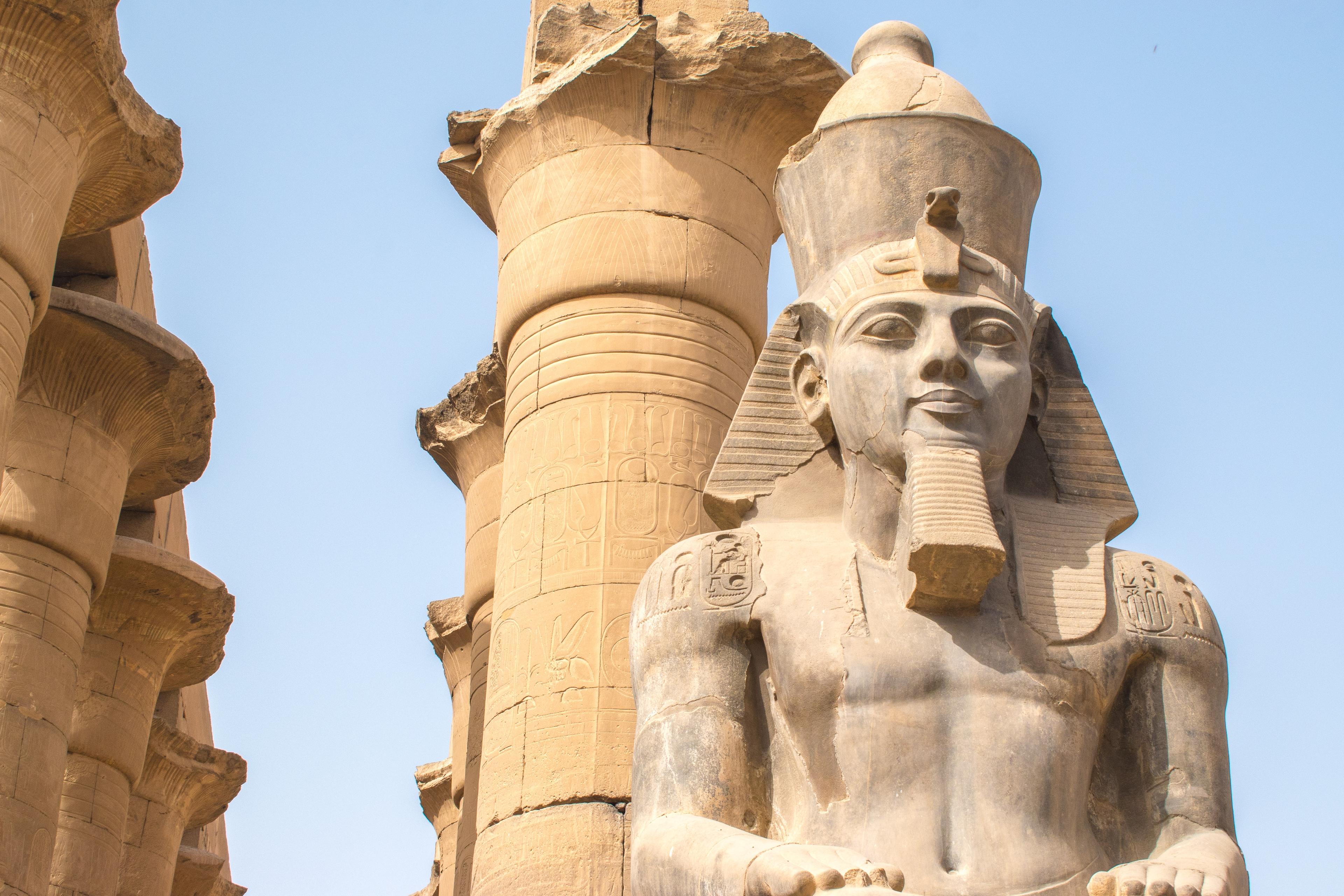Ramses II, Egypt, Exodus, Archeology
Ancient sword linked to Ramses II uncovered - could it be from the time of Moses?
Incredible find may date back to the biblical Exodus

Archaeologists at the Tell Al-Abqain site in northwestern Egypt have unearthed remnants of ancient Egyptian weaponry, dating back approximately 3,200 years. Among the discoveries is a bronze sword adorned with hieroglyphs bearing the name of King Ramses II, who some scholars believe could be the Pharaoh mentioned in the book of Shemot (Exodus).
The sword was found in a small room near a vulnerable military point, suggesting it was intended for combat rather than ceremonial use.
The name of Ramses II was confirmed by two stones inscribed with hieroglyphs, one of which prominently mentions the Pharaoh. The site, strategically positioned along a military route in the northwestern Nile Delta, was constructed to confront potential threats from the Western Desert or the Mediterranean. The location's advanced design highlights the ancient Egyptians' military engineering expertise.
"The weaponry indicates the site was well-armed and possibly produced some weapons on-site. The bronze sword was likely a royal reward to a high-ranking officer. The king’s name and titles engraved on it elevated its prestige, showcasing the king's wealth, power, and generosity," said Professor Peter Brand of the University of Memphis, who was not involved in the dig, to Live Science.